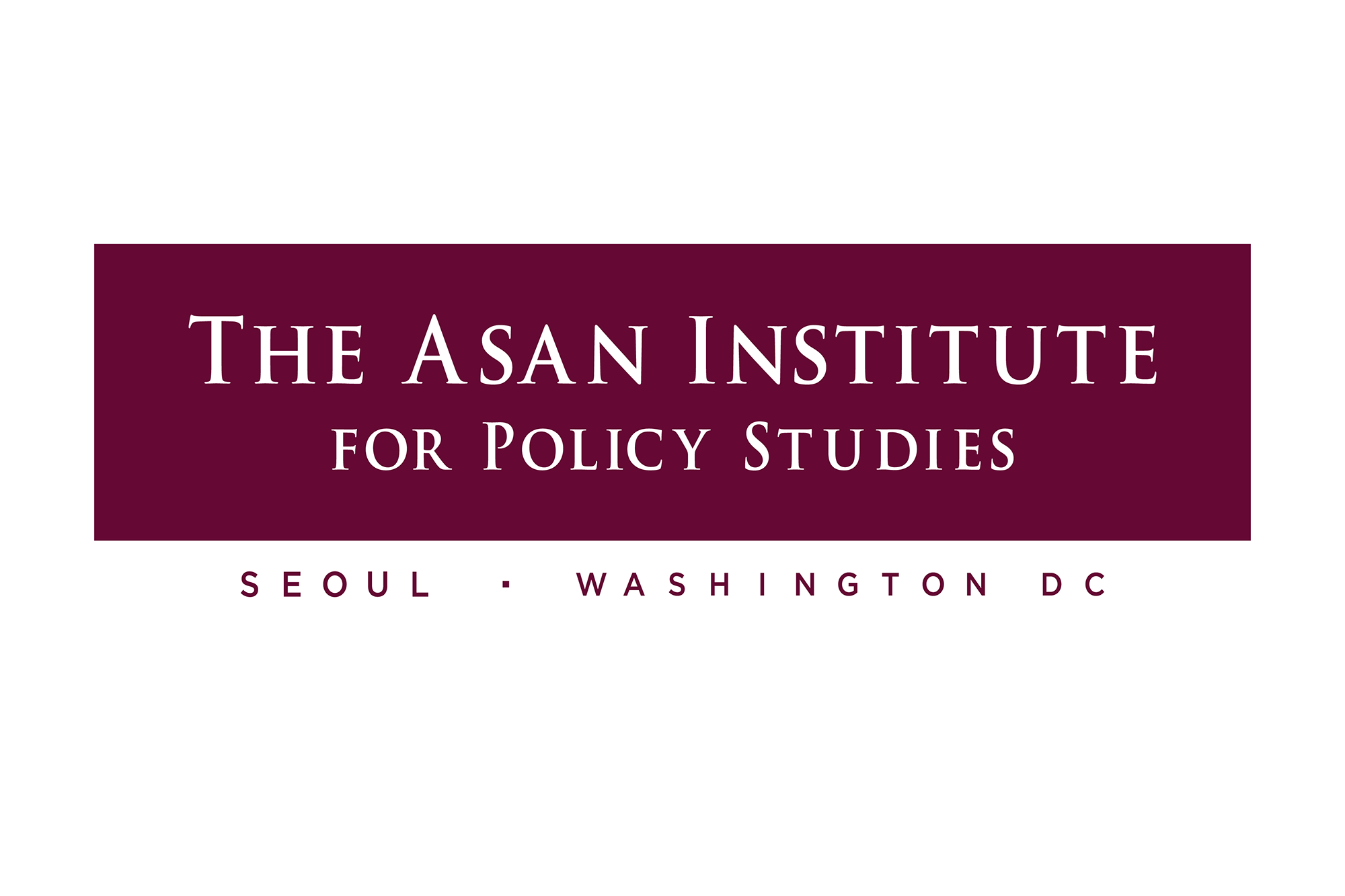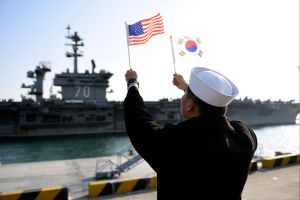This paper analyzes whether the strong relationship between the US and South Korea would be sustained under new presidents and how the Korean and American public’s view the alliance.
Key Findings
Under the administrations of Presidents Lee Myung-bak and Barack Obama, the relationship between South Korea and the United States reached a high point. In the past year the two countries have signed two major agreements: the Korea-U.S Free Trade Agreement (KORUS-FTA) and a revision to the bilateral missile pact extending the range of South Korea’s ballistic missiles. The two leaders also share a close working relationship. On President Lee’s visit to the United States in October 2011, he was treated to an official state dinner, an honor granted by President Obama to only four visiting heads of state so far.
There is no guarantee, however, that the strong relationship will continue in the near future. Although President Obama has won reelection to a second term, the term-limited President Lee will be replaced in February 2013 with the winner of that country’s December election. The conference, which came at a pivotal moment just before presidential elections in each nation, considered whether the strong relationship between the two countries would be sustained under new presidents, what challenges the new administrations would face, and how the Korean and American public’s view the alliance.
To address these questions, the conference brought together two panels of experts from Korea and the United States as well as fresh data from The Chicago Council’s biennial public opinion survey and the Asan Institute’s annual survey. Both surveys focused on the bilateral relationship and publics’ views on the U.S. role in changing regional politics.




